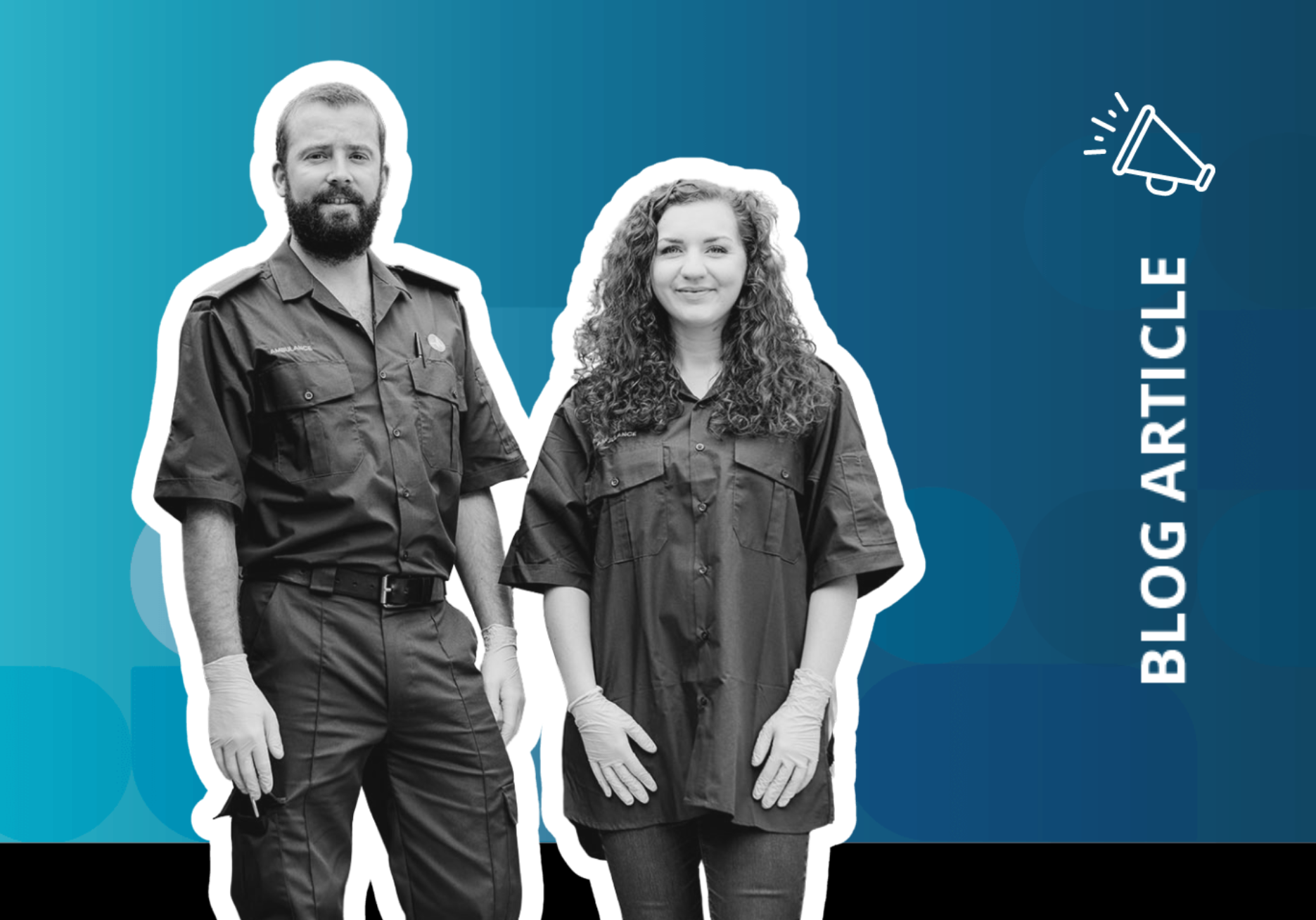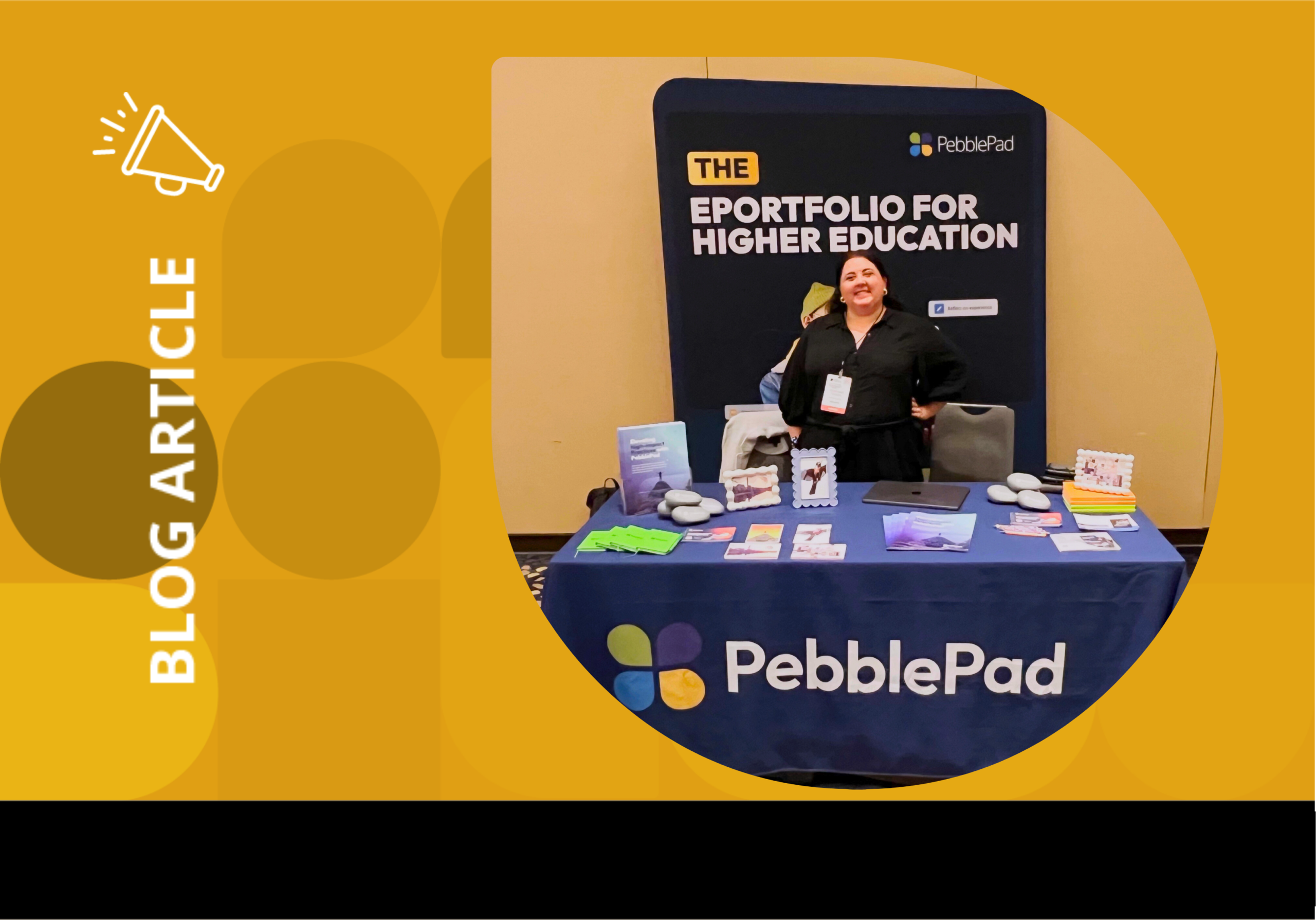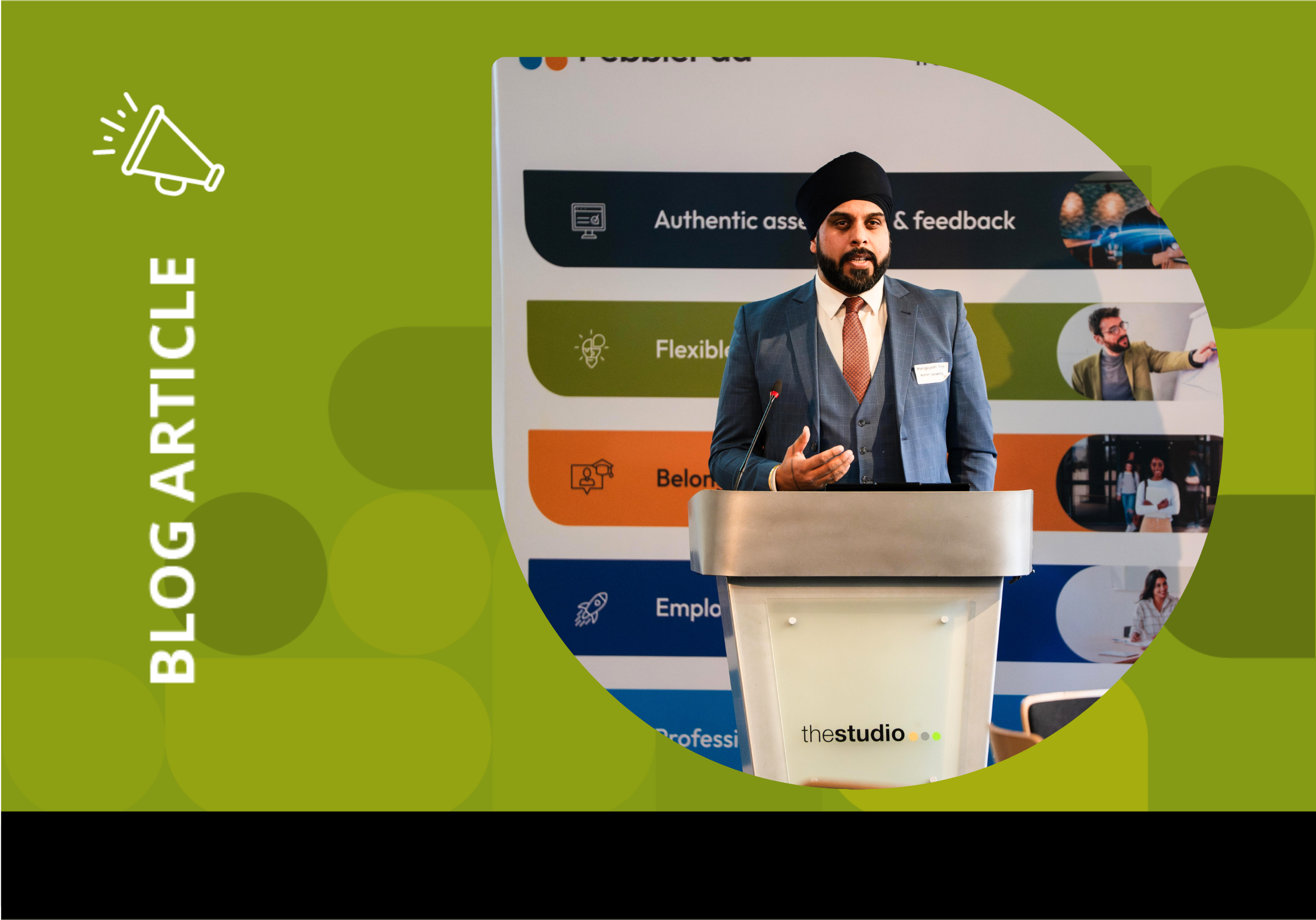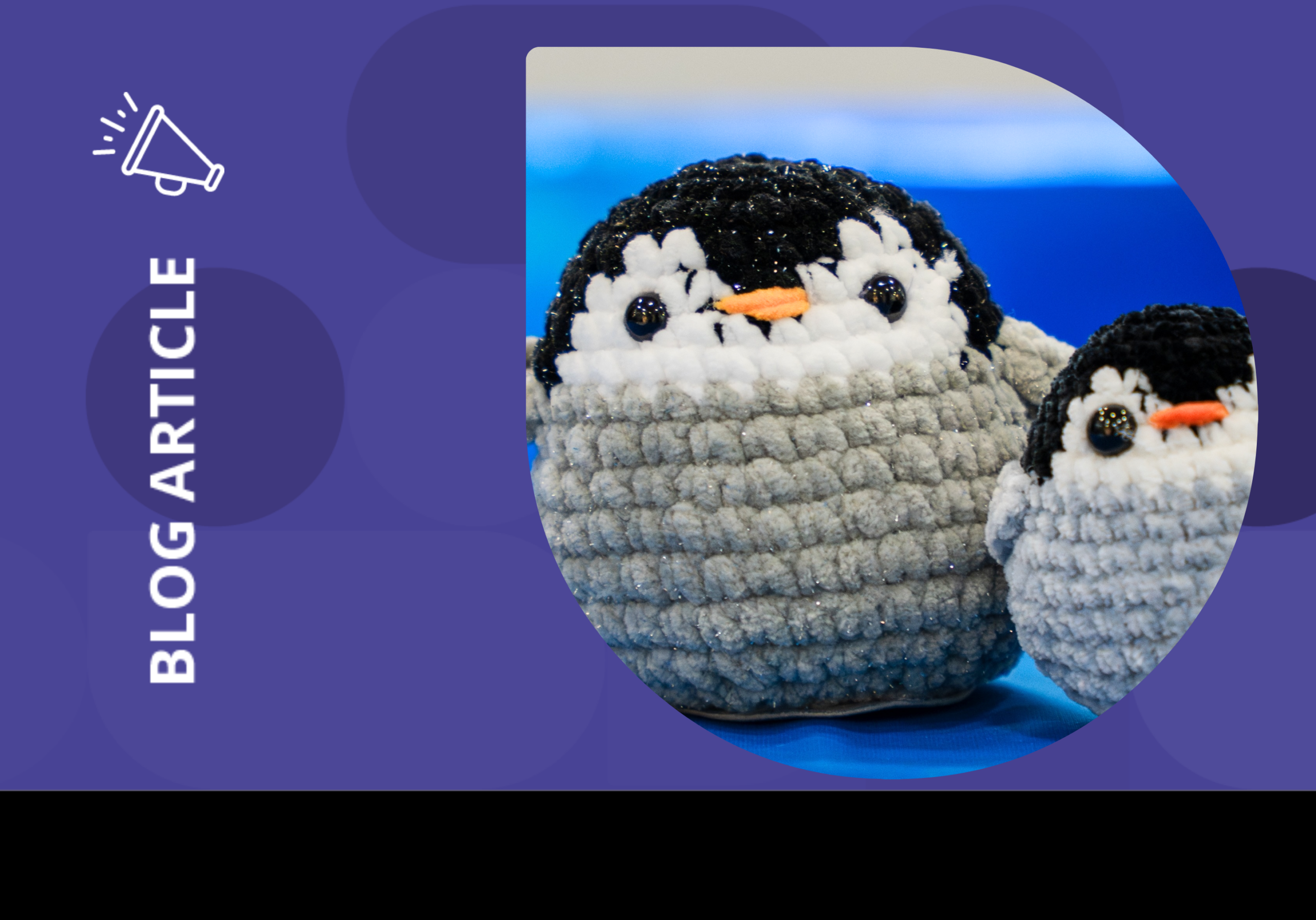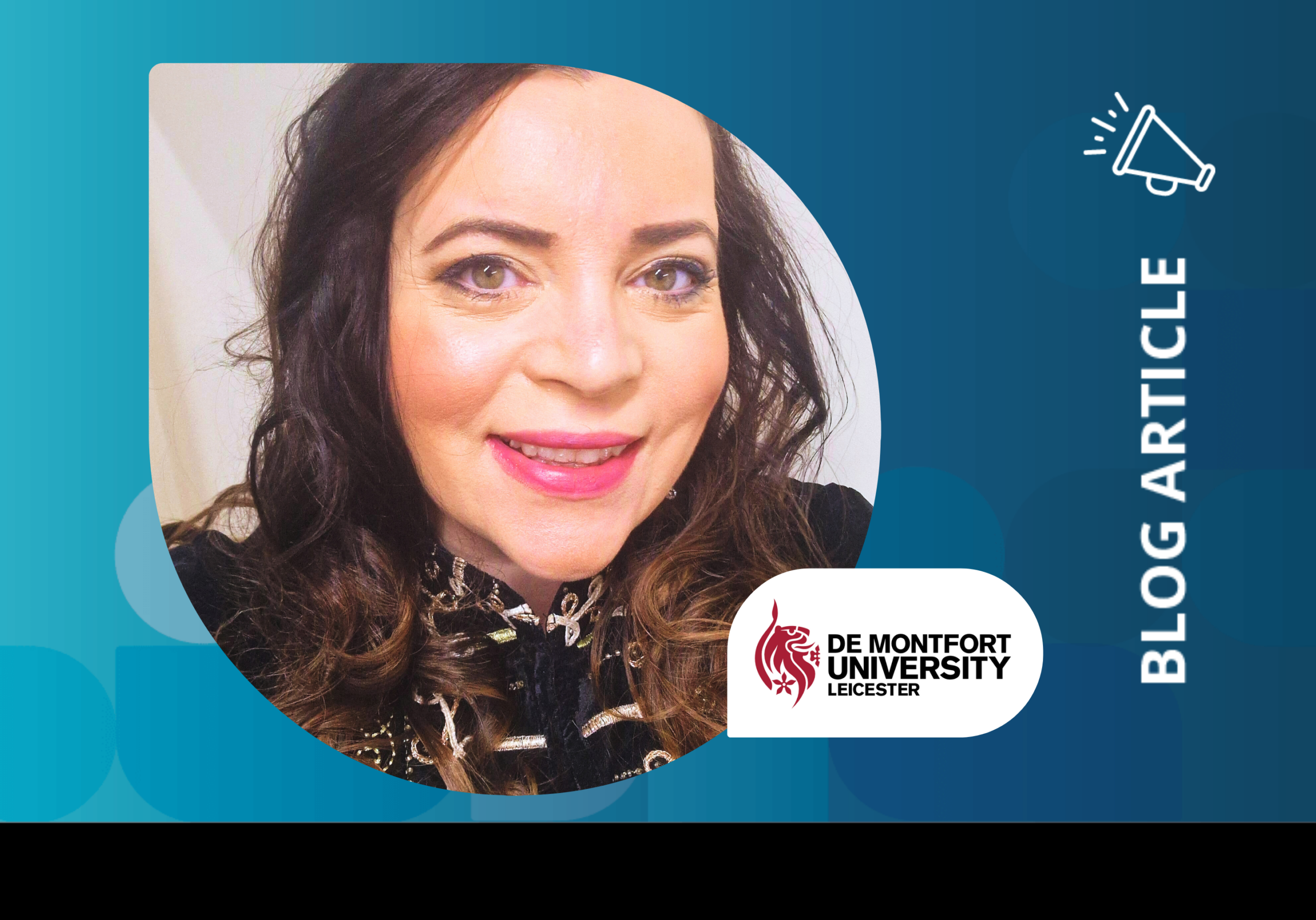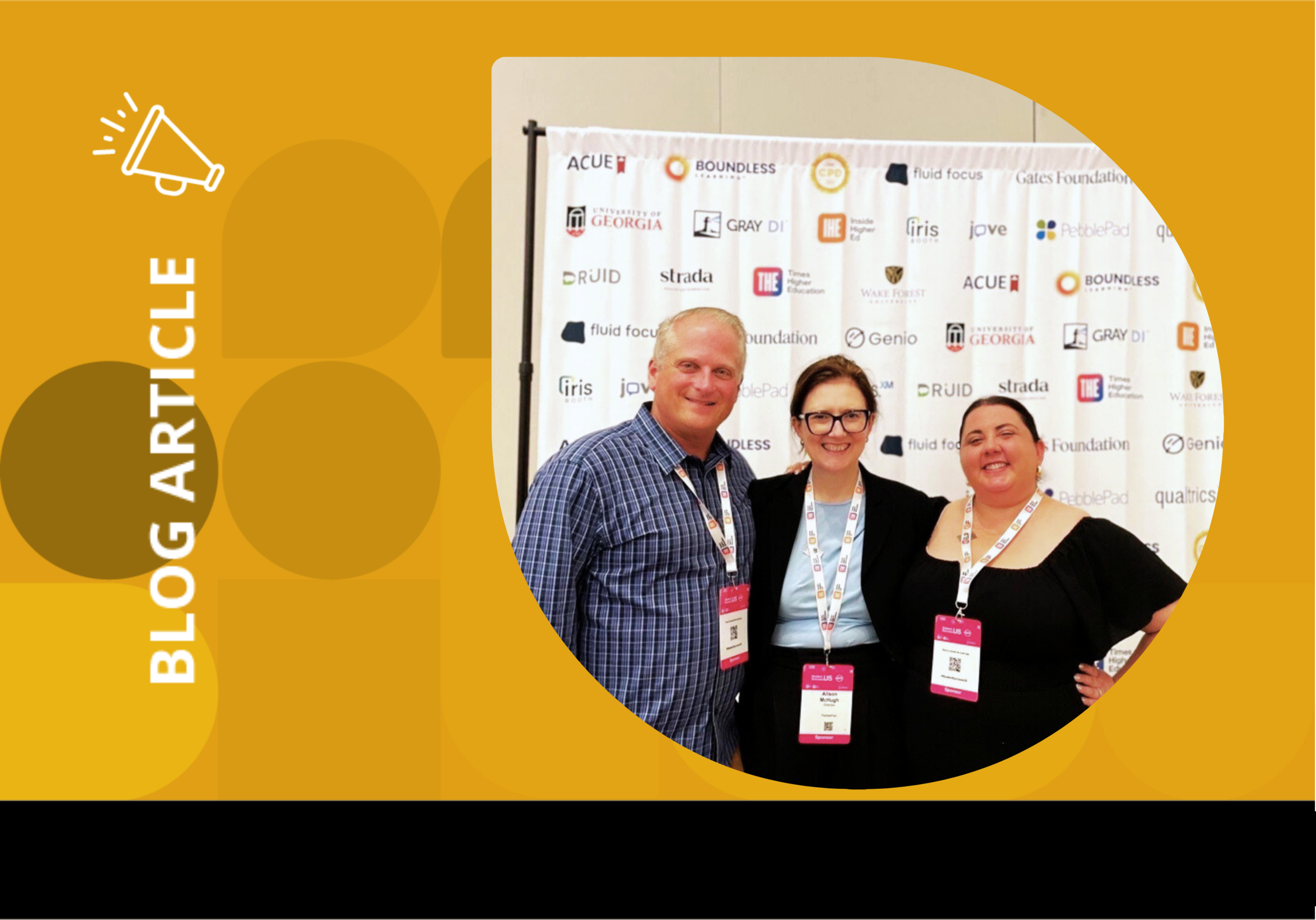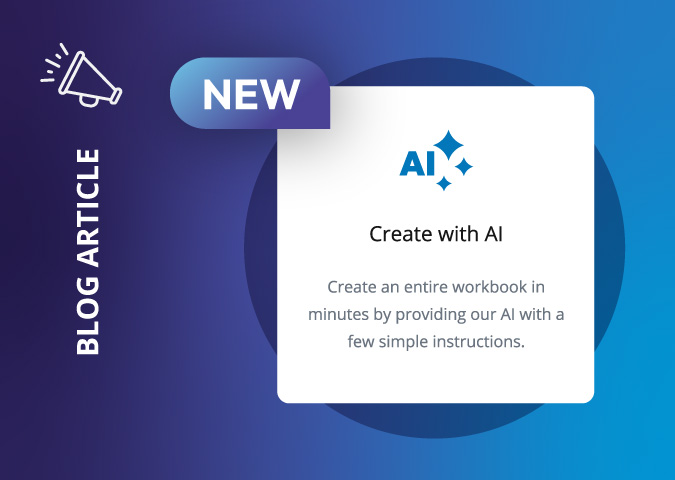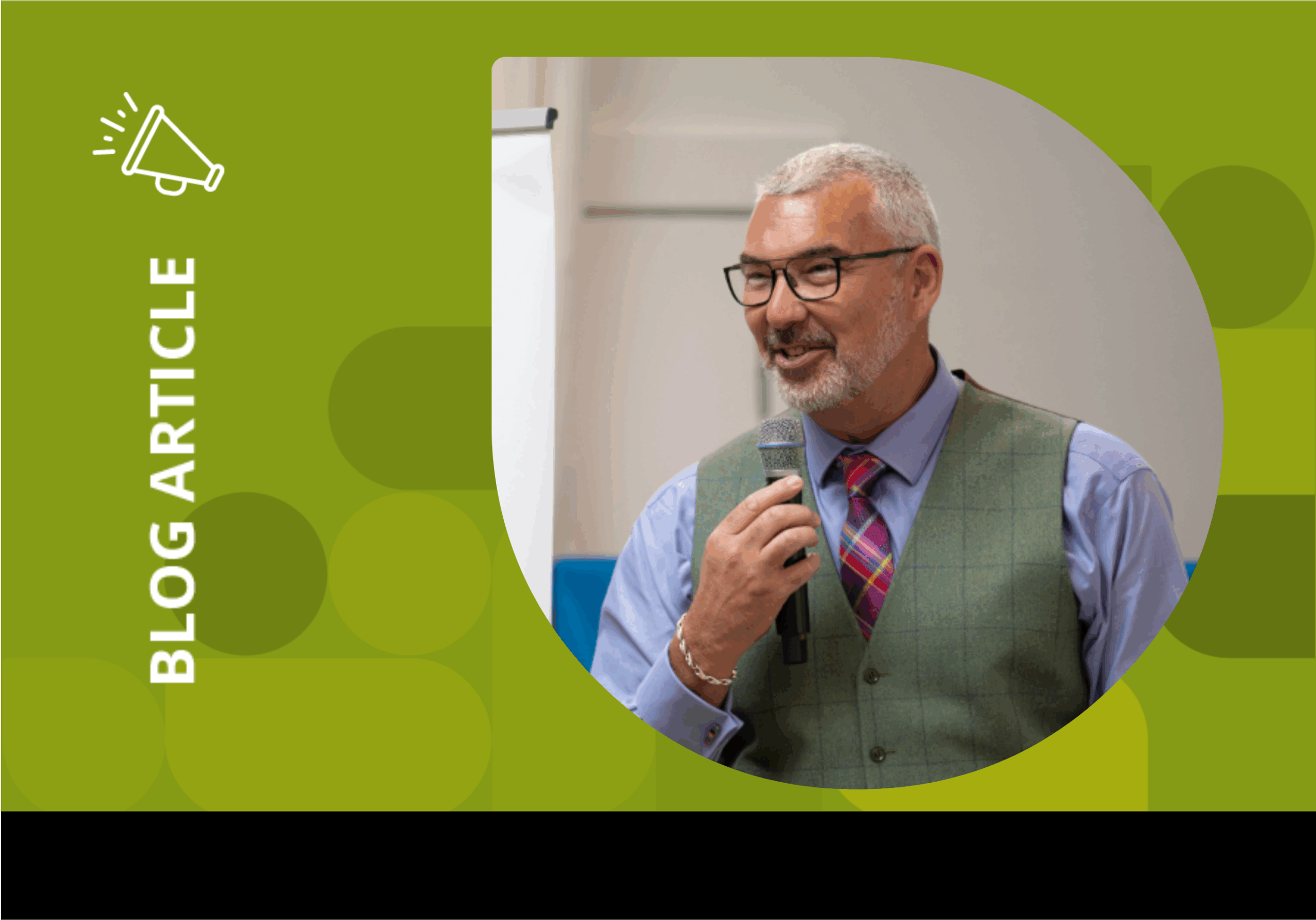How three universities are transforming paramedicine education with adaptive learning, reflective portfolios and AI-supported research.
In the recent webinar hosted by PebblePad, educators from the University of Derby, Nottingham Trent University and Swansea University came together to showcase how they’re using the platform to innovate in paramedicine education.
While their examples were drawn from emergency healthcare, the underlying strategies – like scenario-based learning, reflective practice and scaffolded research – offer a blueprint for authentic, learner-centred education that can be adapted across healthcare and other applied disciplines.
Simulating real-world decision making at Derby
Teaching clinical decision-making is notoriously difficult. Students must learn to analyse incomplete information, make decisions under pressure and reflect on outcomes – all skills that are hard to replicate when using traditional case studies, which typically present all the information at once. However, such a static format doesn’t reflect the reality of clinical practice, where paramedics must respond to partial, unfolding data and adapt their decisions as new information becomes available.
At the University of Derby, Senior Lecturer Andrew Kirke has tackled this challenge head-on by using PebblePad’s adaptive release feature to simulate the unfolding nature of real clinical scenarios. “Teaching clinical decision making can be challenging,” Kirke explained. “Traditional case studies often dump all the information at once, but we wanted a more interactive and staged approach.”
His solution was a PebblePad workbook that releases information gradually – starting with an initial call, followed by assessments, updates and hospital feedback. This mirrors the reality of clinical practice, where paramedics rarely have all the facts upfront. “By using adaptive release, we can mimic this realism,” Kirke said. “Students experience scenarios in a more authentic way. For example, initial signs and symptoms will be given first, and then lab results or additional information or observations can come later.”
Shared learning
The workbook also encourages peer learning. Using tools like word clouds, students can anonymously see how others are interpreting the same data, sparking discussion around diagnostic reasoning and bias. “They can see what everybody else is thinking about without knowing who’s going down what line,” Kirke said. “And as we get more information … hopefully, at the end of the scenario, we should all be singing from the same hymn sheet.”
While the current system is time-based, Kirke is experimenting with branching scenarios based on student decisions – a more complex but promising direction. “There is a way of creating a decision-based branching version of clinical decision making,” he said. “It’s a little bit clunky at the moment, but I am trying to smooth that out.”
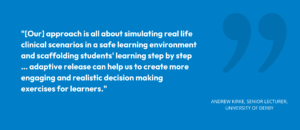
Building reflective, employable technicians at Nottingham Trent
At Nottingham Trent University, the focus is on embedding reflective practice and employability into the ambulance technician programme. Lecturer Adam Clarke, Senior Lecturer Lynne Thompson and Digital Curriculum Manager Daniel Scott-Purdy have developed a PebblePad ePortfolio that runs alongside the one-year course, helping students track their growth and prepare for the workforce.
“What we wanted to emphasise was those more non-clinical skills that will follow them throughout their careers,” Clarke explained. “Reflective practice skills, continued learning and continued professional development.”
Students begin by creating a personal profile and reflecting on their previous experience. As the course progresses, they add CPD evidence, case reflections and a final reflective account of their professional development – with the ePortfolio becoming a living document of their journey.
Job ready
Employability is a key strand so, as part of their ePortfolio, students build and refine a CV throughout the year, supported by input from NHS Trusts and private sector employers. “We’ve had really good success rates with our technicians gaining employment,” Thompson noted, “whether it be through an NHS Trust or through the ambulance or private sector.”
The team is also piloting a new academic development strand to run alongside students’ practical learning, using PebblePad to scaffold writing and research skills over six weeks. “If [students] haven’t written academically for some time, we [will give] them a paper to read and respond to,” Thompson said. “By the end of the six weeks, [this] last piece of work will show their massive development.”
Looking ahead, Scott-Purdy is exploring multimedia integration and asynchronous learning to further develop learners’ academic skills. “We’re looking for our students to develop and evidence [their] academic skills … within the ePortfolio,” he said. “With a view to enabling students to create multimedia, such as short videos [and] introduce themselves to make their ePortfolios more three-dimensional.”
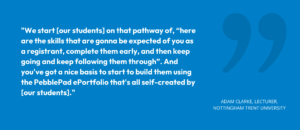
Scaffolding research and AI literacy at Swansea
At Swansea University, Senior Lecturer Fen Sanders-Lamb is using PebblePad to scaffold evidence-based medicine learning in a level 5 undergraduate research module. His goal? To make this component more engaging and accessible for paramedic students.
“Teaching paramedic students evidence-based medicine can be … like dragging a horse to water,” Sanders-Lamb joked. “They will have much more of a preference for practical skills, things that they can see, things that they can instantly see the effects of.”
To bridge this gap, he developed a workbook that guides students through the research process step by step, integrating AI tools ethically and reflectively. The focus shifted from simply producing a traditional by-the-numbers literature review to critically engaging with the topic and process.
Critical thinking
“Refining a [good research] question takes a lot more critical analysis and application than simply selecting a topic and then getting AI to construct a literature review for you,” Sanders-Lamb explained. “[Instead] using AI as a personal tutor allowed [students] to … move away from very formulaic questions … and [be] more about actually exploring things [for] themselves, which was really good to see.”
The workbook also allowed tutors to monitor progress and provide targeted support. “It produced very good results,” he said, with the overall grade profiles improving and the number of fails dropping significantly.
Sanders-Lamb believes this process-oriented approach is key to making assessments more resilient in the age of AI. “Process-orientated reflection … is one of the big approaches in how [to authentically replace] a big swath of assessment models,” he said.
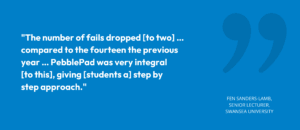
Lessons for all disciplines
While each presentation focused on paramedicine, the underlying principles – authenticity, reflection, adaptability – are relevant across disciplines. As Andy Kirke put it when referring to PebblePad’s adaptive release feature, “I struggle to think of a discipline that it couldn’t be useful in.”
From engineering to accountancy, education to social care, the use of scenario-based learning, adaptive release and reflective ePortfolios can help students connect theory to practice and prepare for the complexities of real-world work.
As the sector grapples with the implications of AI, shifting learner expectations and evolving professional standards, the fascinating insights shared in this webinar offer a timely and transferable model for future-ready education.
Watch the webinar
Get more fascinating insights into how PebblePad is transforming paramedicine education – and beyond – by watching the on-demand webinar here.

